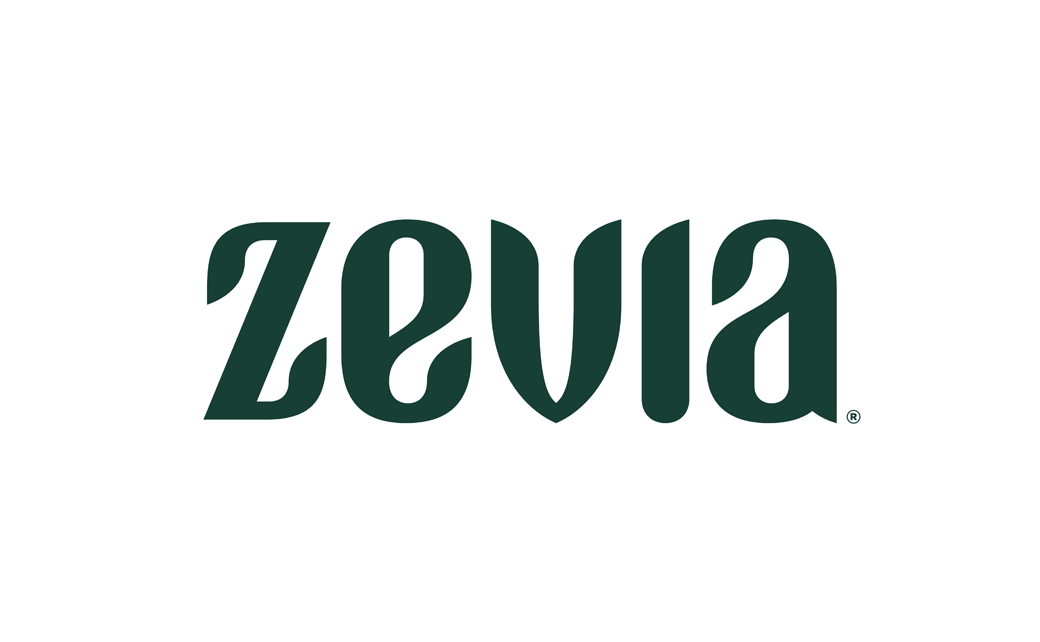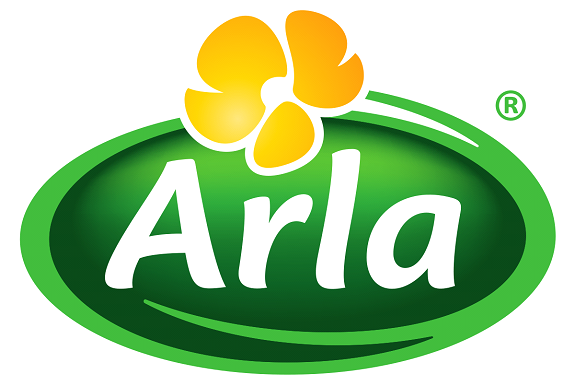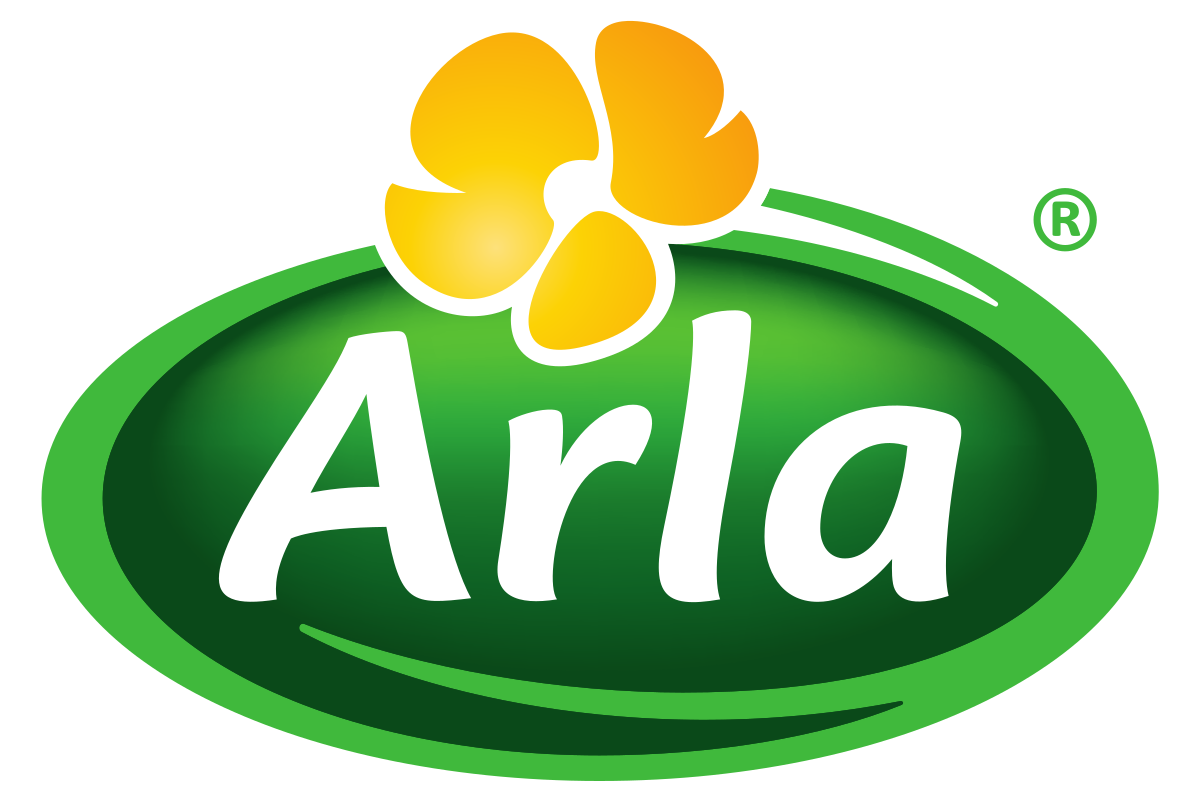Building Effective Talent Strategies in the CPG Industry
The consumer packaged goods (CPG) industry faces unique challenges where tight margins, high volumes, and changing consumer demands require companies to manage talent efficiently. Successful organizations align recruitment, development, and retention strategies with business goals, ensuring employees contribute effectively to both short-term objectives and long-term growth.
Key Elements of CPG Talent Management
CPG companies increasingly rely on AI-powered platforms to streamline hiring, reduce time-to-fill, and enhance the candidate experience. These systems analyze resumes, behaviors, and cultural fit, helping companies attract employees aligned with their operational needs. Structured onboarding programs further reduce downtime, ensuring employees are productive from day one.
Hiring tools that utilize behavioral data also play a critical role in identifying candidates for cross-functional roles. AI-backed solutions allow recruiters to match candidates with departments where they can thrive, reducing turnover and fostering long-term success.
Training and Development Programs
Continuous development programs are essential for building a workforce ready to meet changing industry demands. Many companies offer upskilling and leadership programs to retain high-potential employees and develop future managers. By focusing on both technical and soft skills—such as adaptability and communication—these programs prepare employees for hybrid work environments and leadership roles.
Fostering a continuous learning culture not only strengthens internal talent pipelines but also reduces the need for costly external hires. Leadership development programs ensure that managers are equipped to lead effectively, even as market conditions change.

Performance Management Systems
Performance management systems allow companies to set measurable goals aligned with broader business objectives. Using scorecards and key performance indicators (KPIs), managers can track employee contributions and ensure accountability across teams. Continuous feedback loops promote a culture of improvement, helping employees stay engaged and motivated.
Talent Management Challenges in the CPG Sector
High Employee Turnover
Turnover is a persistent challenge in the CPG industry, especially in operational roles that require physical labor. To combat this, companies are implementing incentive programs and creating clear career advancement opportunities. These strategies increase employee loyalty by making it easier for workers to envision a long-term career within the organization.
Balancing Cost and Talent Investment
Operating within tight margins makes it challenging for CPG companies to invest heavily in talent management. However, focusing on high-ROI initiatives like leadership training and cross-functional development programs can generate long-term value. Companies that treat employee training as an investment rather than an expense experience higher productivity and retention.
Finding Specialized Talent
Niche roles—such as supply chain managers and brand strategists—require specialized expertise that can be difficult to source. To address this, companies are partnering with universities and offering internships and apprenticeships to develop future talent. These partnerships help bridge skill gaps and ensure a steady influx of qualified candidates.
.png?width=1600&height=900&name=11_11_24%20PG%20Blog(2).png)
Technology’s Role in Talent Management
AI-driven recruitment platforms have transformed the hiring landscape by automating resume screening and candidate engagement. These technologies provide predictive analytics, helping companies identify high-potential candidates while reducing bias in the hiring process.
Employee engagement platforms track feedback and well-being in real time, giving managers insights into workforce morale and performance. Learning management systems (LMS) offer employees on-demand access to training programs, ensuring they stay updated with industry trends and enhance their skills continuously.
Case Study: Red Bull’s Strengths-Based Talent Strategy
Red Bull’s Wingfinder tool exemplifies the value of strengths-based hiring. This psychometric assessment identifies candidates’ top strengths—such as creativity, problem-solving, and interpersonal skills—helping Red Bull align new hires with the company’s high-performance culture. Every candidate, whether hired or not, receives personalized feedback and coaching recommendations, enhancing the candidate experience.
This strengths-based approach ensures that employees are not only productive but also engaged, reducing turnover and building cohesive, high-performing teams. Red Bull’s strategy demonstrates how aligning talent management with company culture drives sustainable success.
Building a Future-Focused Talent Strategy
Developing a comprehensive talent management strategy requires alignment between business objectives and workforce development. CPG companies that invest in continuous learning, leverage AI-driven recruitment tools, and prioritize employee engagement are better positioned to thrive in competitive markets.
Leadership development programs provide a steady pipeline of managers prepared to lead through change. Innovative approaches—like Red Bull’s strengths-based hiring—demonstrate how companies can build sustainable success by aligning talent strategies with cultural values.


















